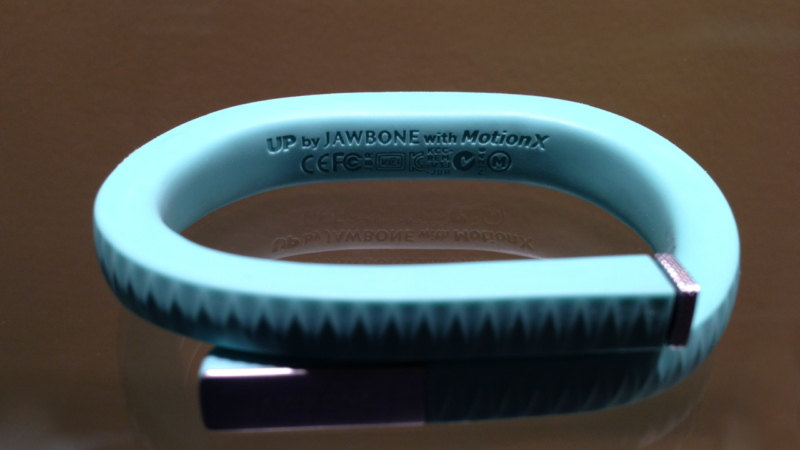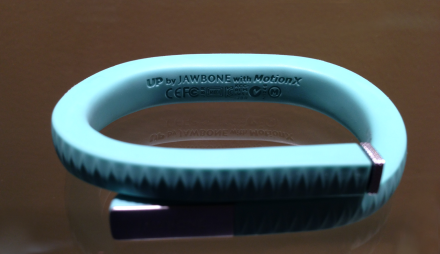
As a shadow health minister, runner, fell walker and Type-1 diabetic I’ve undertaken much study of the emerging science, art and practice of medical wearable technologies.
Whether considering the Jawbone, Misfit Shine, iWatch or any of the other personal data capture devices on the market right now I am convinced that we are on the cusp of a healthcare revolution powered by the social change made possible by new wearable technology.
In the same way that the Walkman turned listening to music from an aural, shared experience to a personalised, individual experience technological innovation is about to change the way that individuals interact with, use and choose personal health and medical-related pathways.
In particular, data capture devices in tandem with data applications are driving a social revolution that is set to rapidly transform the use and delivery of healthcare services across the world and it is set to have a profound impact upon the National Health Service.
How? Take my experience as an example. Five years ago, two weeks before the last general election, I was heading for a coma as diabetic ketoacidosis was forcing my body to shut down. Taken to intensive care I was diagnosed with untreated Type 1 diabetes. Simply put, the effect of this has brought me to realise that my health and life are both now determined by data obtained through regular blood glucose readings (entirely unproblematic) and my response to those readings: the insulin I inject, the exercise I take – lots – and the carbohydrate and sugars I ingest – little.
My Jawbone tells me how long I have run or walked, how long I have slept and the type of sleep I have had. Soon it will tell me my heart rate and more. This data is captured on my iPhone and I respond to it.

It is possible now for my blood glucose readings to be monitored by a contact lens or a chip beneath my skin so that I can see the real time data at any time, in real time.
This means that the technology (but not yet the system) now exists that would enable me and thousand of Britons like me to move towards a situation whereby I can grant my GP, pharmacist and anyone else I like access to my data.
This would reduce visits to both surgeries and pharmacies, thereby freeing up capacity. It would streamline the dispensing of medicines, whilst creating a more efficient and effective system and would place the patient (me) at the centre of the care I receive.
Such an approach – achievable right now – would signal a revolution in the way the NHS provides care.
It is imperative that the political implications of this are understood. No legislation, no act of parliament could ever achieve or enable this kind of development. Nor can political process control this eruption of innovation or the speed at which it moves.
Imagine the parliament of the fifteenth century trying to legislate for the introduction of Caxton’s printing press.
Imagine if Tim Berners-Lee sought an act of Parliament through which to create the Internet.
Now consider the epochal changes to our country, society, culture and political process introduced by both developments.
The use of personal data by individuals in relation to how the state provides public services and what these public services look like is inevitable. This is not a discretionary choice; it is unavoidable and it should be embraced and championed by the left.
Labour’s role should be to enable these developments, not control them. In doing so, we must ensure that the National Health Service – and the principles that underpin it – is in the vanguard of these developments. Labour exists to redistribute power and opportunity. The use and ownership of personal data by individuals achieves this in ways few in politics have ever considered. Healthcare, education, pensions and more: get ready – this will change the way we do politics forever.
Jamie Reed is a Shadow Health Minister




More from LabourList
Turning the page? Labour’s recovery in the polls show a path to 2029 victory
Restoration announce recommendations for NEC candidates
‘Factionalism at the top is weakening Labour – and handing a gift to Reform’